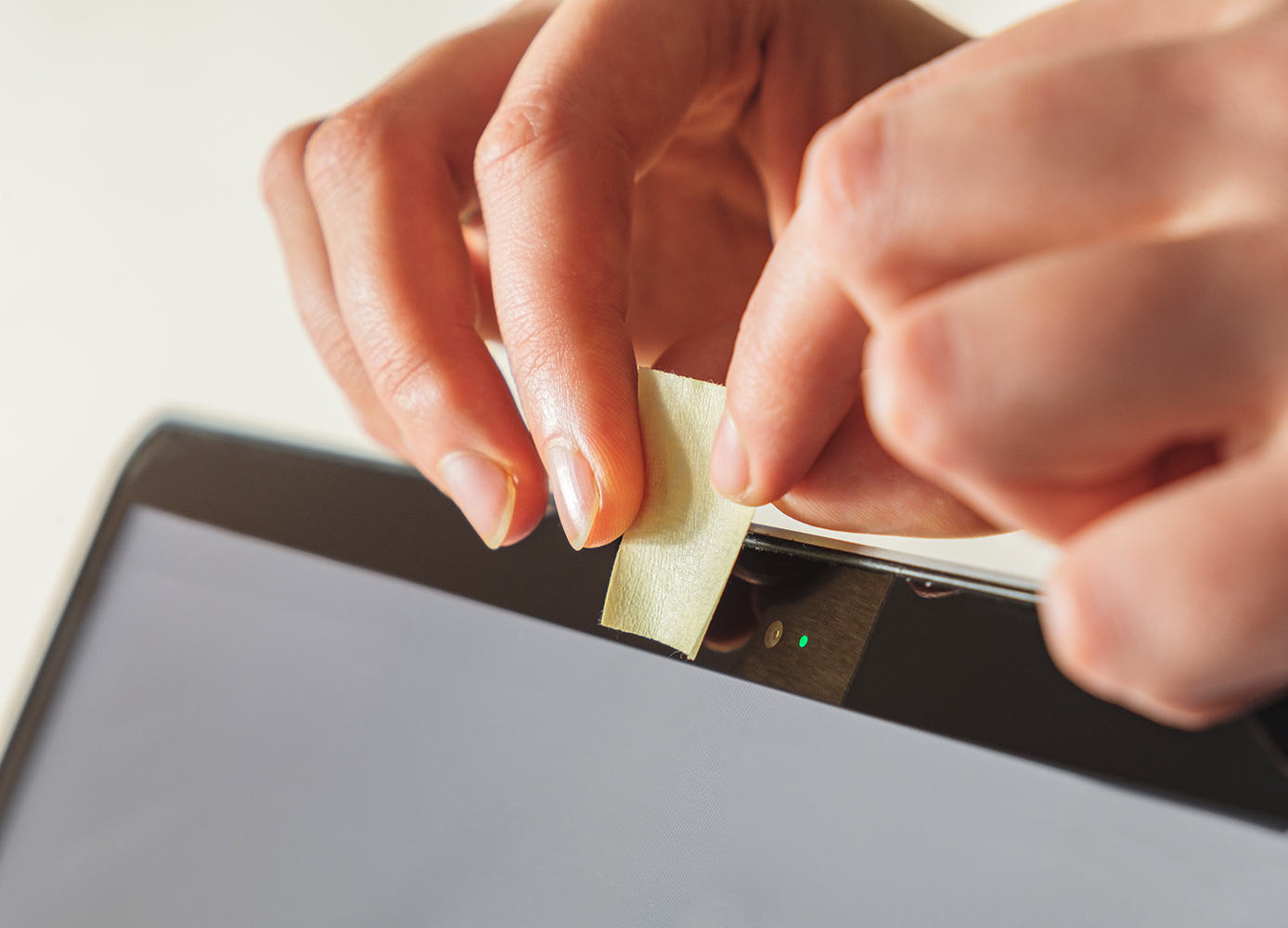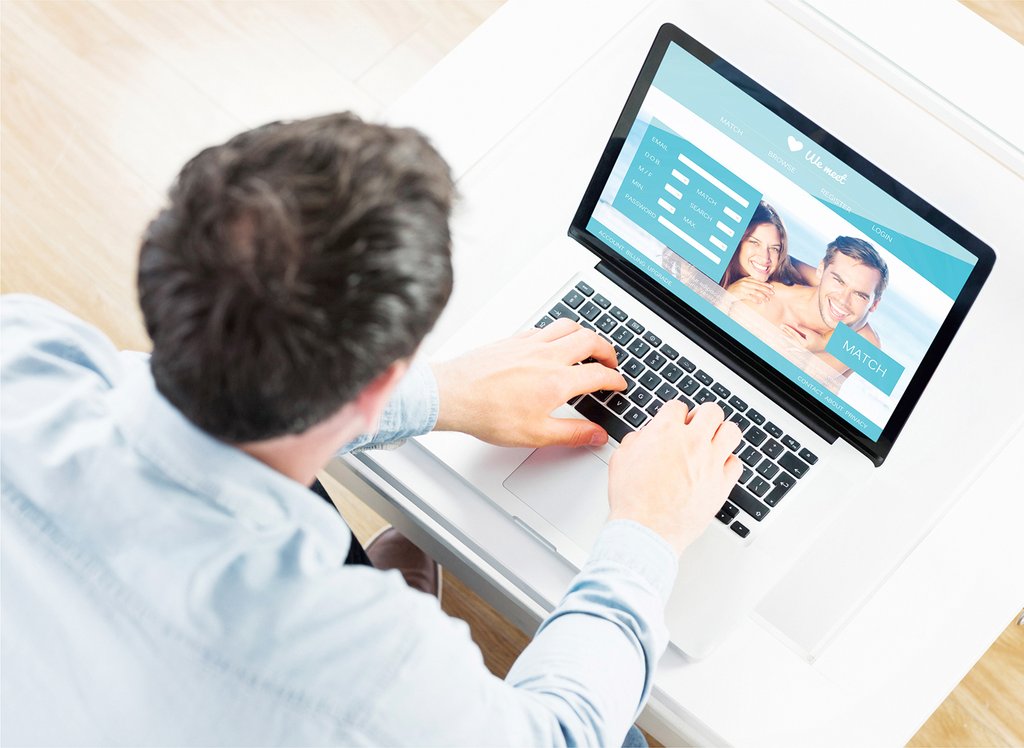Your webcam can function as a stranger’s surveillance camera in your home
By Erika Morris
With so many working from home or just stuck at home, webcams have become an important part of staying in touch with colleagues or loved ones and warding off loneliness while social distancing. But when you’re not using your webcam, you should be covering it with a piece of dark tape to protect yourself from hackers.
“Camfecting” happens when a hacker takes control of your camera and disables the light that tells you the camera is on, keeping you in the dark. The hacker can then observe and record you and your home without your knowledge.
Other experts warn of microphone hacking, which allows people to listen in on your conversations. Your camera and microphone aren’t accessible if your computer is turned off, but they are if your device is in sleep or hibernation mode.
People should also be wary of related scams. For example, some scammers send out spam e-mails claiming to have evidence of users engaging in inappropriate behaviour on their webcam. These e-mails typically demand a ransom, which vulnerable people may pay out of fear.
The easiest ways to protect yourself are putting a simple piece of dark tape over your camera, shutting your computer off after use, and not clicking suspicious links. You can set your system settings to disable or mute the microphone and camera when idle, and a good antivirus product is recommended.
The good news is that these attacks are typically targeted—those most at-risk are corporate groups with restricted information. Corporate spying and hacking business and government agencies are most typical. But Canadians should still be wary, as many hackers are trying to get hold of your personal data and financial information.
Photo: iStock/Photoboyko.






